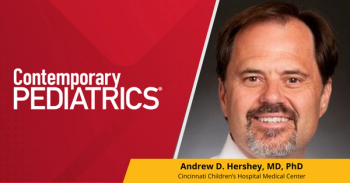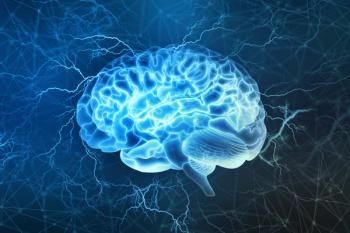
What impacts the concussion recovery process?
Over the past couple of decades, the recovery process for concussions have changed. A report looks at what factors could impact a pediatric patient’s recovery process.
The treatment of concussion has changed over the past few decades and even now some children still face periods of prolonged recovery. A
Investigators ran a prospective cohort study that included children who were enrolled at multicenter concussion specialty clinics that were part of the Four Corners Youth Consortium from December 2017 to July 2019. Each child received up to 12-month follow-up. A child was eligible to join the study if they were aged 5 to 18.99 years; had a diagnosis of mild traumatic brain injury or concussion; and presented at a participating clinic within 8 weeks of the injury. Children were excluded from the study if the child or parent were not able to read or sign the consent document for the study; if the child was found to have a Glasgow Coma Score of less than 13; or if the child’s injury was penetrating.
The study enrolled 600 patients: 54.0% of the cohort were female and 72.5% were adolescents. In the cohort, a higher proportion of the adolescents were female. The researchers found that the female participants were found to report significantly higher preexisting anxiety than the male participants (80 patients [26.7%] vs 46 patients [18.7%]; P = .03). A much greater number of adolescents stated they had preexisting migraines when compared to the preadolescent participants (82 patients [20.9%] vs 15 patients [10.9%]; P = .01). They found that the female participants had a slower recovery process than their male counterparts (persistent symptoms after injury: week 4, 217 patients [81.6%] vs 156 patients [71.2%]; week 8, 146 patients [58.9%] vs 89 patients [44.3%]; week 12, 103 patients [42.6%] vs 58 patients [30.2%]; P = .01). Additionally, participants who had a history of anxiety, depression, or migraine recovered from mild traumatic brain injury at a slower rate than participants who had no history. This was true regardless of the sex of the participant.
The researchers concluded that some groups of patients who have suffered a concussion or mild traumatic brain injury are at risk of having a prolonged period of recovery. This understanding could help clinicians create better prognoses and better targeting of treatment.
Reference
1. Rosenbaum P, Locandro C, Christian S, et al. Characteristics of pediatric mild traumatic brain injury and recovery in a concussion clinic population. JAMA Netw Open. 2020;3(11):e2021463. doi:10.1001/jamanetworkopen.2020.21463
Newsletter
Access practical, evidence-based guidance to support better care for our youngest patients. Join our email list for the latest clinical updates.






